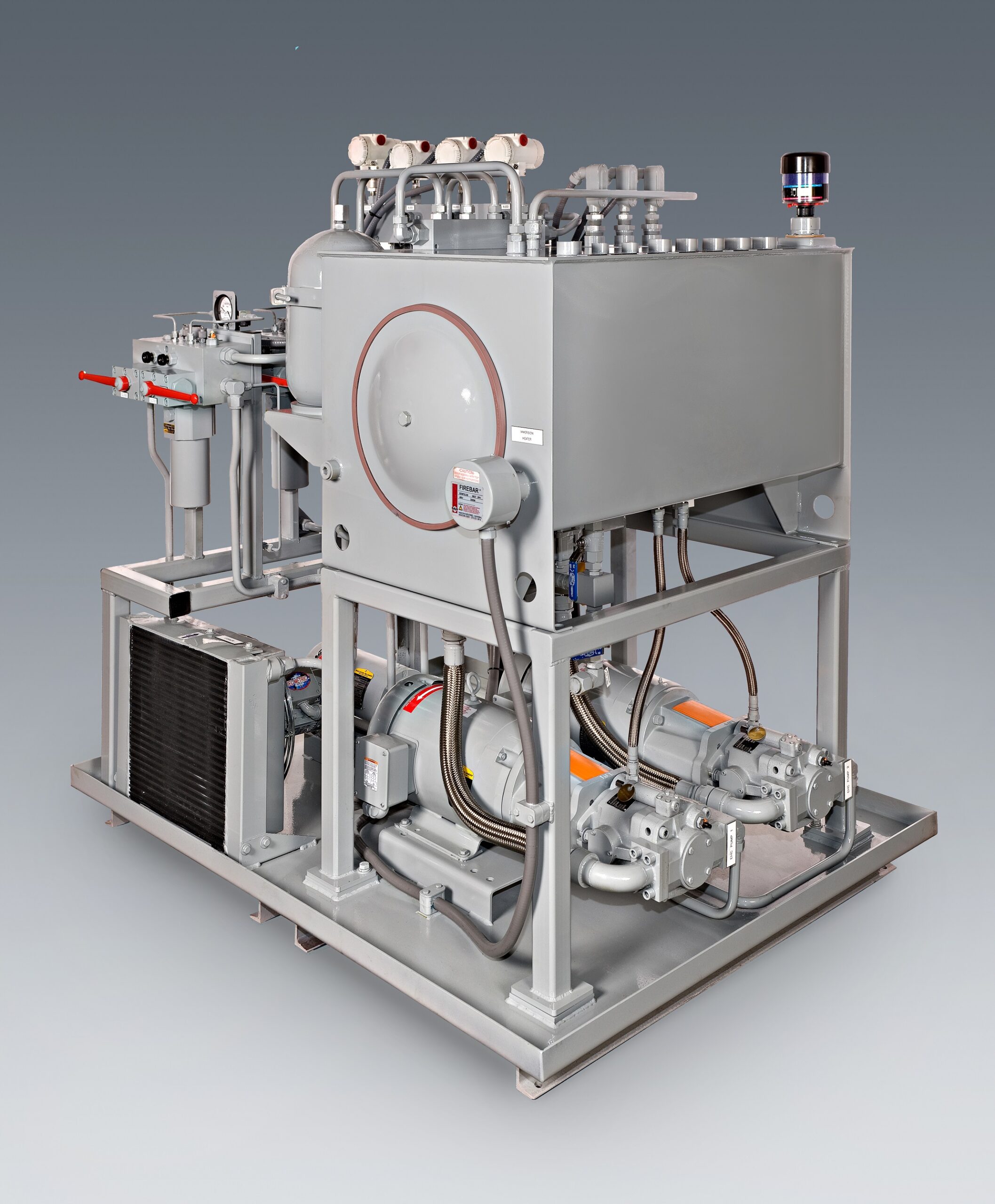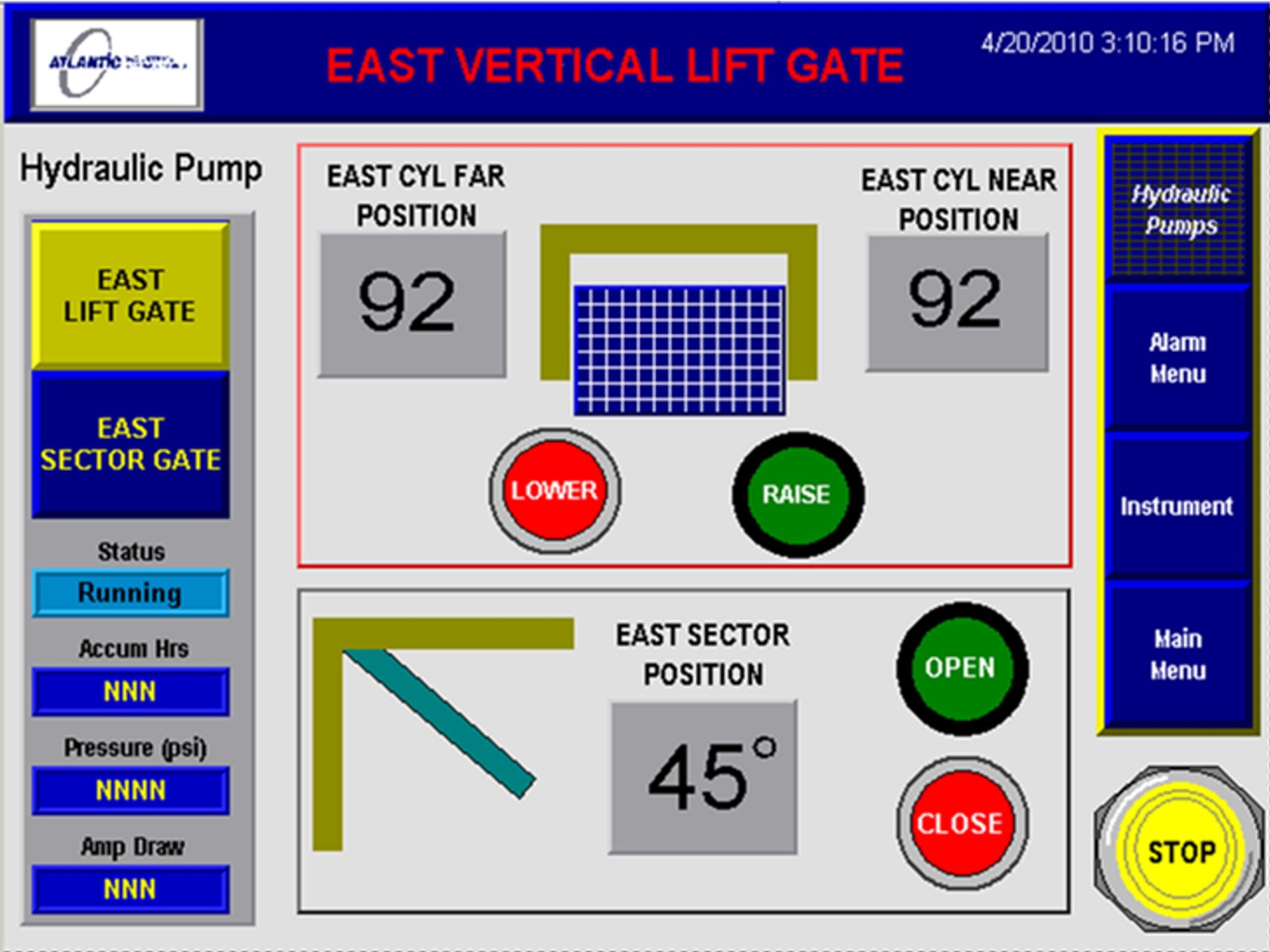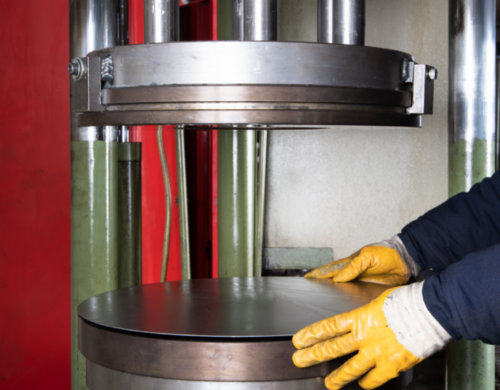The power plant’s Electrohydraulic Control (EHC) system plays a crucial role in the reliable operation of a power generation plant, and its efficiency depends on several key factors, including oil cleanliness and Total Acid Number (TAN). The EHC system utilizes EHC fluids like hydraulic oil, often a phosphate ester fluid, to precisely control and move critical components such as turbines, steam turbines, valves, and actuators.
The cleanliness of the oil is of utmost importance
Acting as a lubricant and coolant within the EHC system, any contaminants present in the oil, such as dirt, debris, or particles, can lead to abrasion, wear, and damage to both internal and external components of the hydraulic power unit. Such issues may result in increased friction, reduced efficiency, and, in severe cases, catastrophic failures. To prevent these complications, it is essential to conduct regular oil analysis and filtration to maintain the required cleanliness level. This proactive approach ensures smooth operation and extends the overall lifespan of the EHC system.
The Total Acid Number (TAN) of the oil is a critical parameter to monitor.
Hydraulic systems that contain acidic oil are prone to corrosion of metal surfaces and degradation of seals and gaskets. The presence of water and acids further accelerates the oil’s deterioration, compromising its lubricating properties and overall performance within the EHC system.
Regular monitoring of the TAN number
Monitoring through oil analysis allows for early detection of acid buildup, enabling timely maintenance actions like oil replacement or chemical treatment to neutralize acidity. By controlling the TAN within specified limits, the EHC system operates reliably, minimizing downtime, and mitigating the risk of costly repairs or unplanned shutdowns.
Use Fire Resistant Fluids
To address these challenges effectively, utilizing fire-resistant fluids, such as phosphate ester fluids, is highly recommended. These fluids not only offer improved fire safety in the power plant environment but also exhibit better resistance to degradation, reducing the risk of acidity formation (thereby, fluid degradation) and enhancing the longevity of the EHC system.
PIon Exchange Technology
Additionally, implementing ion exchange technology for water removal in hydraulic oil can significantly contribute to maintaining oil purity. Both old and new EHC systems can benefit from off-line oil filtration and water removal systems, which play a crucial role in ensuring the optimal performance of the EHC system.
In conclusion, the power plant’s electrohydraulic (EHC) system relies on various factors to operate reliably and efficiently. By focusing on oil cleanliness, controlling acidity levels with regular TAN monitoring, and utilizing fire-resistant fluids like phosphate ester fluids, the power plant can enhance the performance and safety of the EHC system. Additionally, incorporating ion exchange technology and off-line oil filtration further contributes to maintaining the purity of the hydraulic oil, ensuring uninterrupted operation and reinforcing the overall reliability and safety of the power generation plant.
For assistance in maintaining oil purity and optimizing EHC system performance, do not hesitate to contact us. Our expert team is ready to provide the necessary support and solutions to meet your specific needs.








